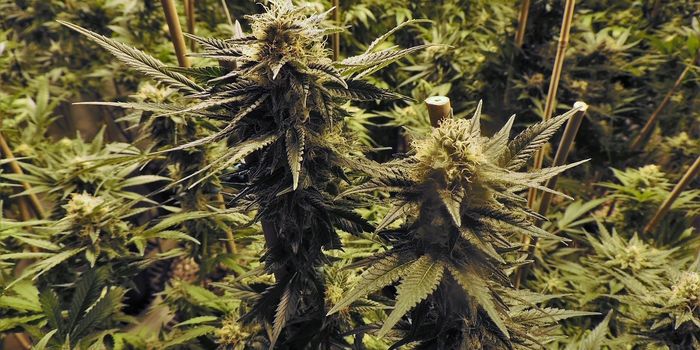Current Fishing Trends of the Shortfin Mako Shark Are Unsustainable
According to researchers from Nova Southeastern University’s Guy Harvey Research Institute (GHRI), the shortfin mako shark is getting overfished at an unsustainably-high rate.
Image Credit: Pixabay
Their findings are now published in the journal Proceedings of the Royal Society B after making good use of satellite-based tracking devices to reveal inaccuracies in the current means of tracking shortfin mako catches.
"Traditionally, the data obtained to determine the rate of fishing mortality, a key parameter used to help gauge the health of shark stocks, has depended largely on fishermen self-reporting any mako sharks they may have caught," said Nova Southeastern University’s Mahmood Shivji, Ph.D., a senior author of the study.
"The challenge is that not all fishermen report the same way or some may underreport or even not report their mako shark captures at all, so the catch data are known to be of questionable reliability."
The problem is that fisheries are supposed to report their shark catches, but many don’t or under-report their numbers instead. As a result, several catches slip under the radar, and fisheries might be yanking up to ten times more sharks from our oceans than previously thought.
These numbers are alarming, especially when you stop to consider just how important these creatures are for the well-being of our oceans. Many sharks help defend critical blue carbon-storing seagrasses from predation, and with fewer sharks around to protect them, a domino effect for the entire environment ensues.
The satellite tracking enabled the researchers to view the positions of 40 shortfin mako sharks on a map in real-time. Worthy of note, at least 30% of the tagged sharks were captured by fisheries during the study, enabling the researchers to drum up preliminary statistics for the likelihood of a shortfin mako shark getting caught in the wild.
Tagging more of these creatures going forward could help authorities track down dishonest fisheries that are catching shortfin makos and other declining shark species without reporting their catches accurately. The vision is to make our shark population counts more accurate to help conserve and manage the animals more efficiently.
The experts urge for improvements to how we track global shark catches. Having accurate information is the key to conservation, and relying on fisheries to report their catches isn't good enough. With more sharks joining the endangered species list today than ever before, the time to act is now.
Source: EurekAlert









